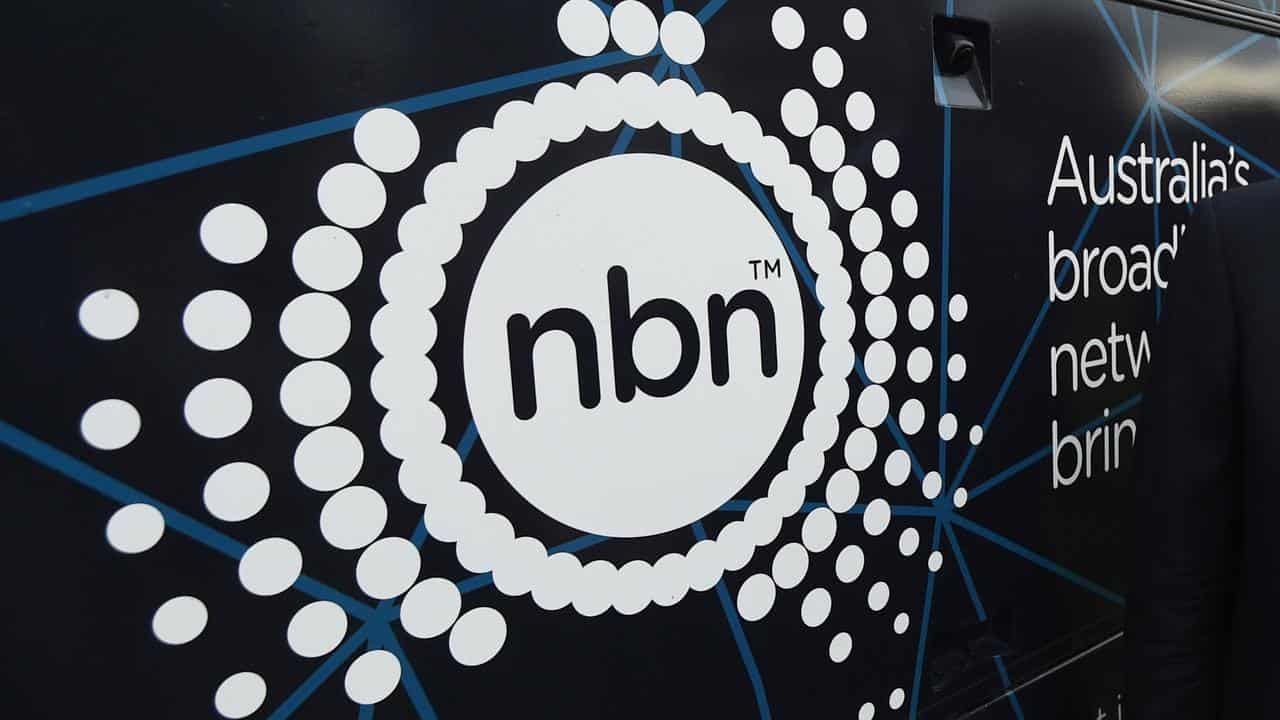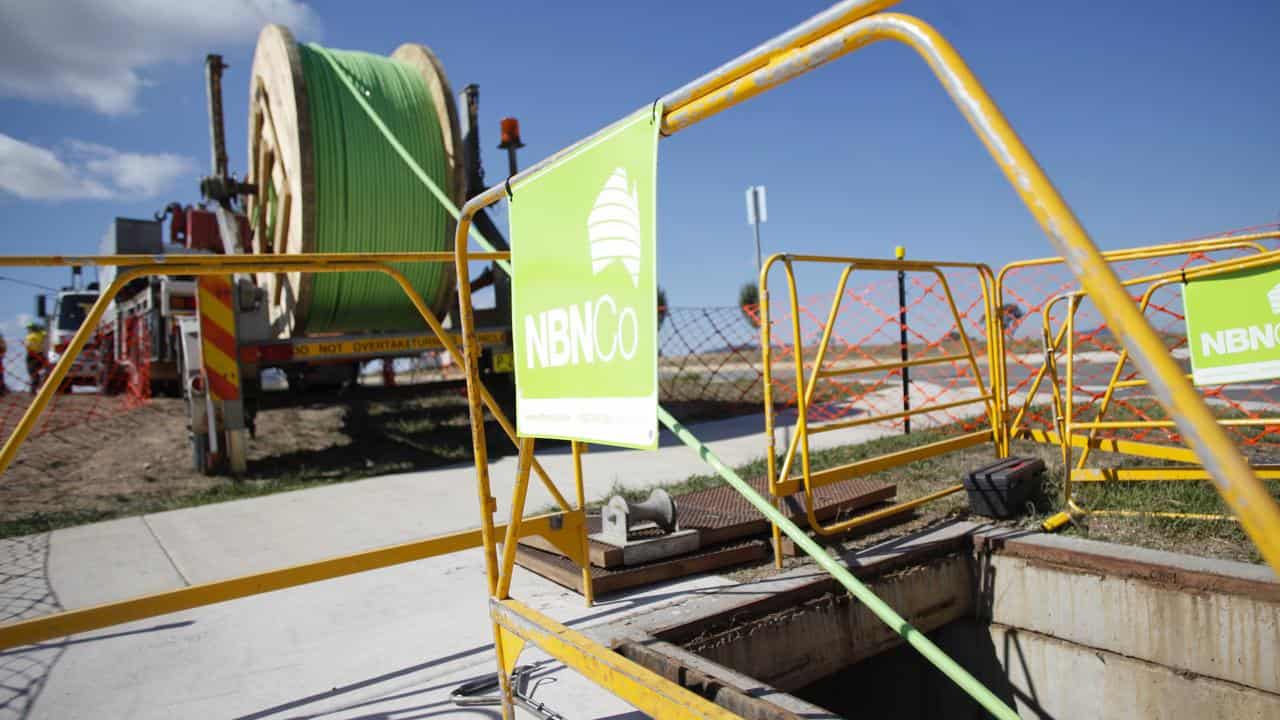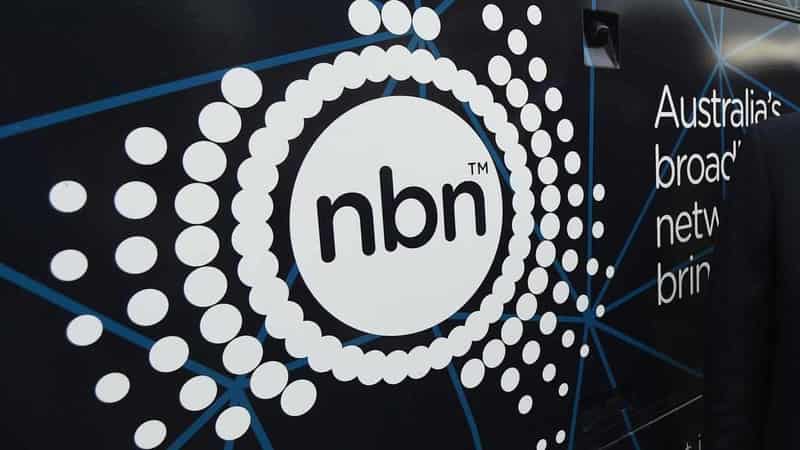
Another 50,000 homes and businesses have been connected to the National Broadband Network over the past year as the service's internet connection speeds increased.
But the cost of upgrading 375,000 premises to faster fibre optic connections hit NBN Co’s bottom line during the financial year, the company revealed on Tuesday, raising its expenses and contributing to a $1.18 billion loss.
Despite the result, NBN Co committed to more broadband speed boosts over the coming year, with interim chief executive Philip Knox telling analysts the growing use of generative AI tools would boost Australians’ need for speed.
The figures come more than a year after the federal government announced a $2.4 billion investment in the network to fund internet upgrades for 1.5 million homes.
NBN Co’s 2024 financial results showed its revenue for the year increased four per cent to $5.5 billion and earnings rose to $3.9 billion.
More than 12.4 million homes and businesses were deemed ready to connect to the NBN by June and 8.6 million premises were connected to it – a rise of 50,000.
The number of NBN fixed-line users able to access 100 megabit-per-second downloads rose from 81 to 89 per cent, and 78 per cent of users could access its fastest plans with speeds of close to one gigabit per second.
Data also showed the NBN Co upgraded 375,000 premises from copper-based technology, such as fibre-to-the-node, to full fibre optic connections within the year.
However, the upgrades came at a cost, with capital expenditure up 24 per cent and fibre upgrades the largest contributor.
Mr Knox, who delivered the results after the resignation of former CEO Stephen Rue in May, said NBN Co’s investments in boosting broadband speed were necessary to future-proof the network.
“The investments we continue to make in fibre, higher speeds and greater network operational capacity is making a difference by helping more people reap the benefits of a more connected and productive Australia,” he said.
“Our proposed acceleration of NBN speed tiers and the nation’s multi-gigabit future is aimed at ensuring Australia is equipped with the critical infrastructure it will need to support the explosion of data that’s coming in the years ahead.”

The company’s fibre upgrade program is expected to finish in December 2024 but it is also consulting with retailers on faster download speeds and is expected to launch "closure paper" within weeks.
Australian internet users were expected to keep demanding faster speeds, Mr Knox said, as they connected more smart home appliances to the internet and adopted data-hungry artificial intelligence tools.
“We know the rise of of emerging technologies like generative AI will further increase broadband demand,” he said.
“AI will require real-time data in both upload and download as consumers and businesses alike begin to leverage the productivity efficiencies enabled by AI.”
Despite the faster broadband speeds, NBN Co’s revenue from users remained at $47 per month, and network reliability dropped slightly to 99.96 per cent.









